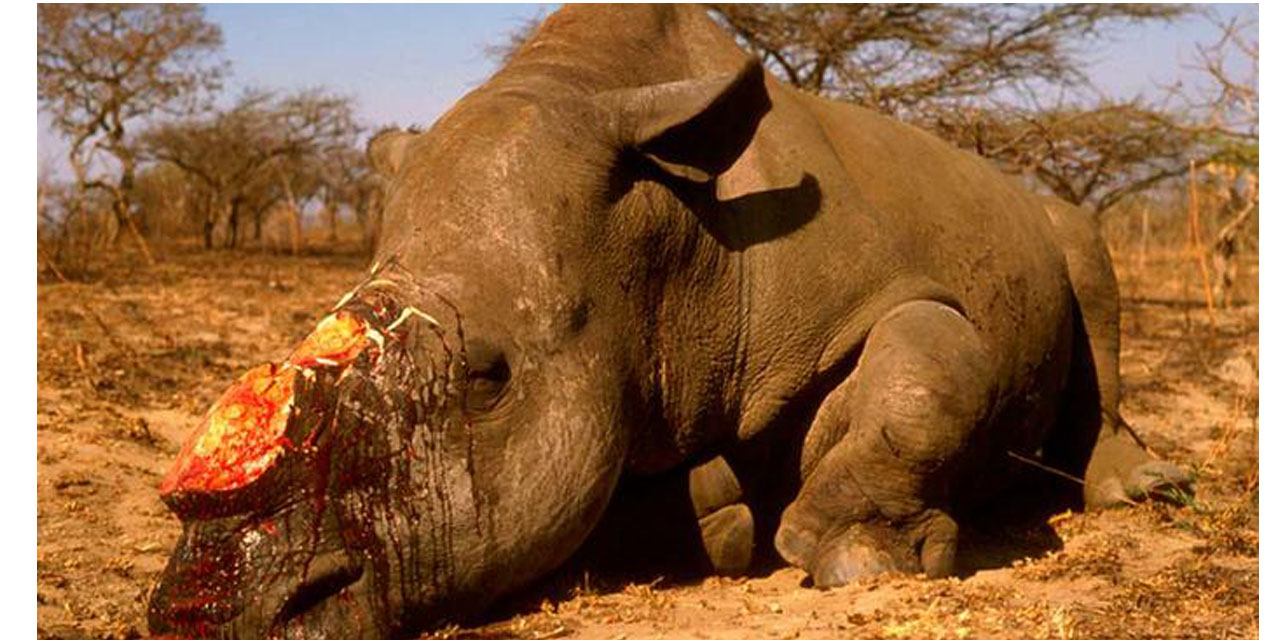Hertta-Maria Amutenja
Between 2015 and February 2024, Namibia lost a staggering 631 rhinos due to poaching, marking a concerning downturn in its conservation success.
This is according to statistics provided by the Ministry of Environment, Forestry and Tourism last week during the Commemoration of World Wildlife Day 2024.
Breaking down the figures year by year, statistics paint a grim picture of 97 rhinos poached in 2015 alone, with six reported to be poached in 2016 and five poached in 2017.
A total of 84 were also poached in 2018, 61 in 2019, 48 in 2020, 53 in 2021, 92 in 2022, 67 in 2023, and 8 have been poached already in 2024.
Elephants have not been spared either, with 10 poached in 2021, four in 2022, eight in 2023 and nothing so far this year.
The Ministry’s spokesperson Romeo Muyunda, expressed deep concern, stating that poaching continues unabated despite the ministry’s efforts to reduce it to the lowest levels possible.
“As indicated by the statistics, poaching continues unabated despite our efforts to reduce it to the lowest levels possible. It is a well-known fact that there is no demand for ivory, horns and pangolin scales in Namibia, the market is elsewhere in Asia, however, Namibians are lured into participating in these crimes for smaller financial incentives. This in our view speaks to the severity of poverty levels which makes our people vulnerable and become easy targets for wildlife crime kingpins,” said Muyunda.
Muyunda further said despite the figures being disheartening, in 2023 alone, the country registered 50 cases related to rhino and elephant poaching, leading to the arrest of 139 suspects.
“Law enforcement agencies have also seized 16 firearms and impounded 14 vehicles from the suspects. This should send a clear message that those that chose to get involved in these crimes will be caught and made to face the full wrath of the Namibian law,” he warned. Furthermore, the ministry calling on all Namibians to unite against wildlife crimes, emphasising the preservation of these invaluable resources for current and future generations.“It must be understood that the wildlife resources that we are protecting should provide local communities with avenues for income generation and employment creation through tourism enterprising. We have also identified that there may be an information vacuum about the legality, implications and impact of poaching in the country,” Muyunda stated.




